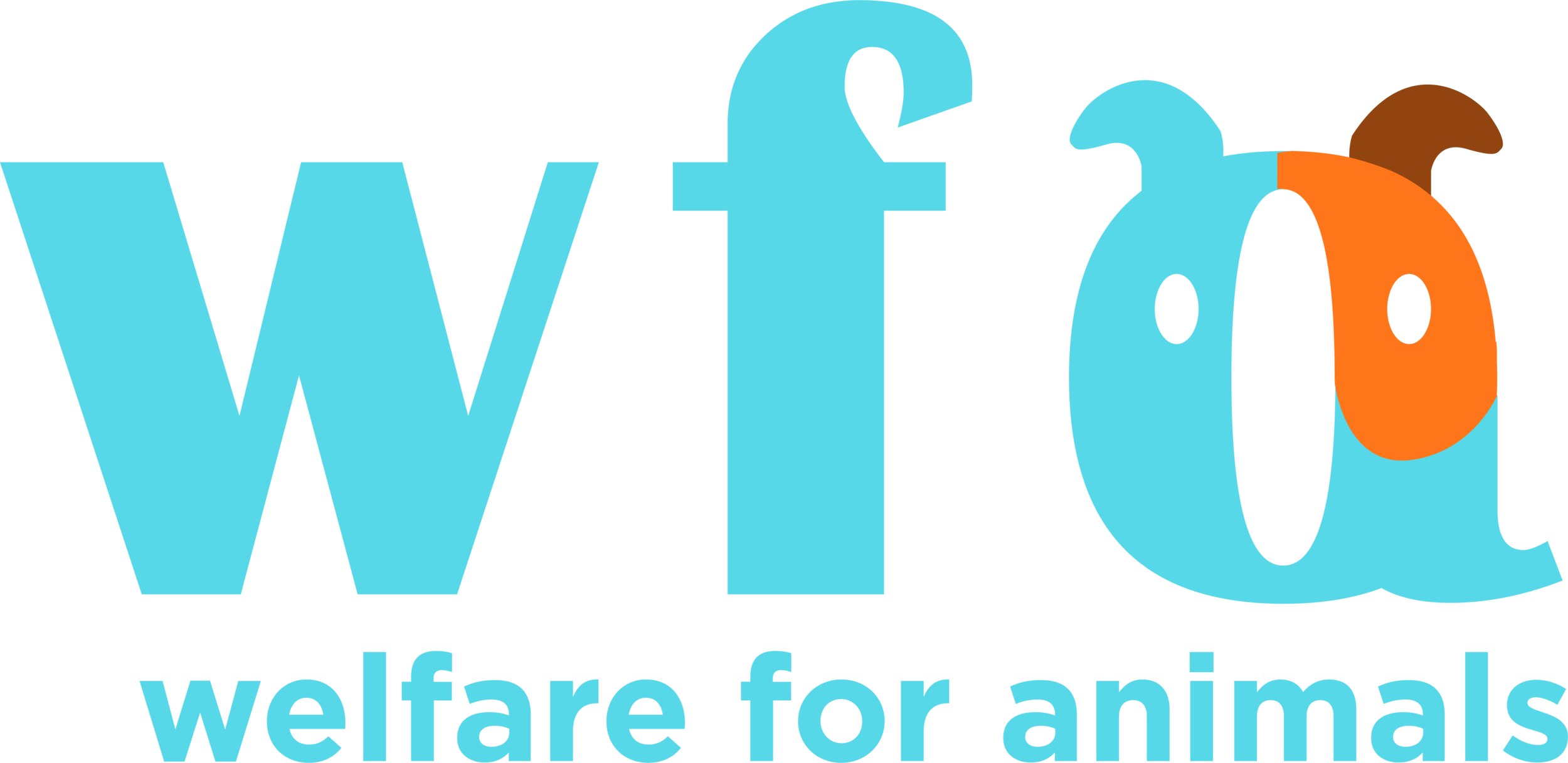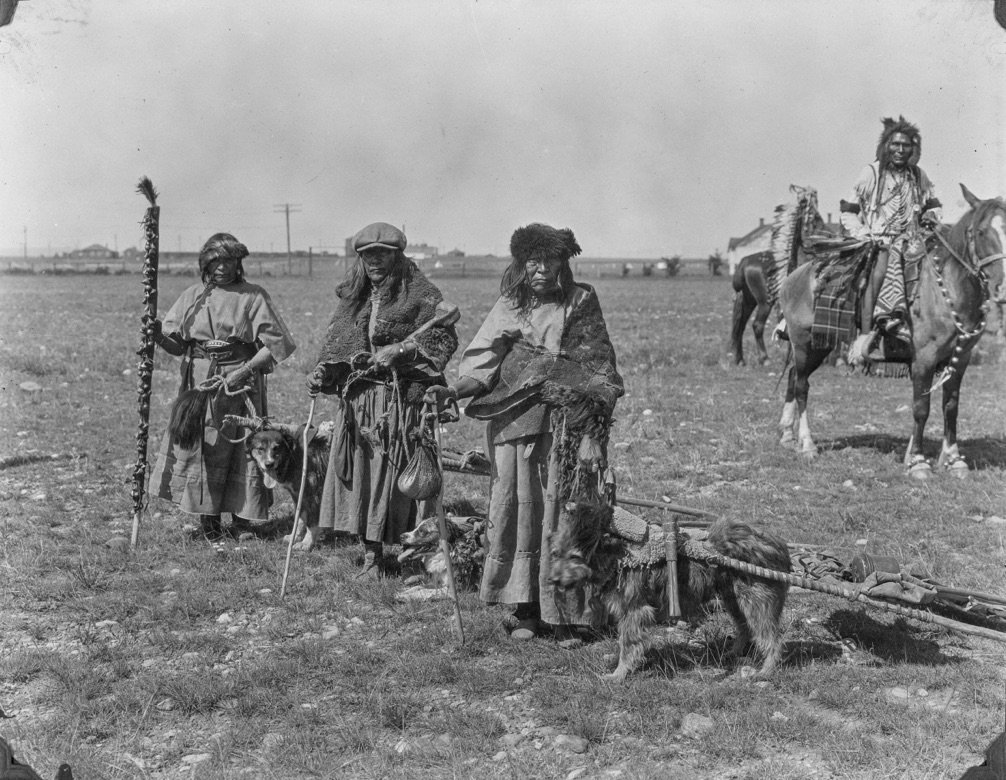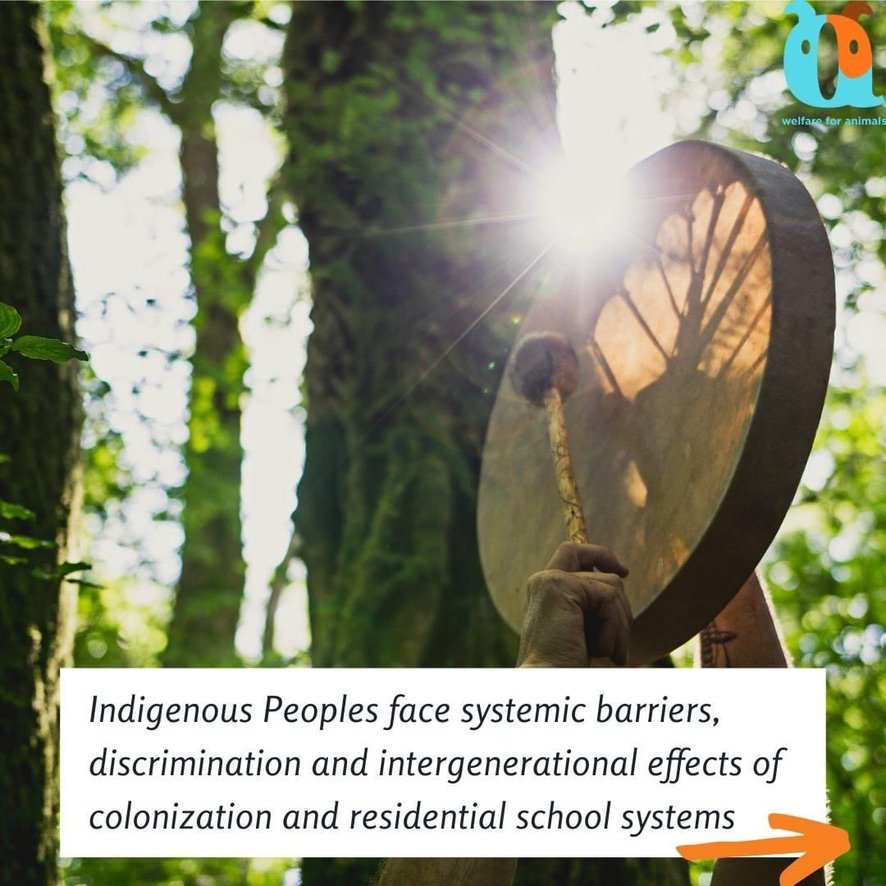Let’s Talk About Pride Month, National Indigenous History Month, Housing & Pets
Did you know that June was Pride Month and National Indigenous History Month?
Pride Month is held every year in June to honour the Stonewall Uprising in 1969 and to celebrate the ongoing struggles of 2SLGBTQIA+.
National Indigenous History Month in June is a time to reflect and learn about the unique history, sacrifices and cultures of the First Nations, Inuit and Métis people across Canada. Read more here.
Why are we talking about this?
WFA’s Companion Animal Housing Initiative aims to provide free resources, Directories, and training for low-income, vulnerable, unhoused and marginalized Canadians with pets- such as 2SLGBTQIA+ and Indigenous Peoples- affected by the housing crisis and organizations who help them.
What about dogs and cats?
The human-animal bond between dogs, cats, Indigenous Peoples and 2SLGBTQIA+ individuals plays an enormous role in their traditions and support systems.
Dogs have been a part of Indigenous communities for around 5,000 years across Canada and were incorporated into the social structures, daily livelihoods, and traditional lives of Indigenous Peoples. These canine companions were used for companionship, hunting, protection and transportation such as for hauling sleds or tipis across landscapes (Dr. Fraser-Celin, N.D. and Lacy Fleming, 2017).
“For Inuit, for example, qimmiit (sled dogs) were used for transportation, safety, and hunting. Qimmiit had keen senses and were able to find their way home or to a hunting camp during a snowstorm. They could also sense where the ice was thin and could then avoid that area when traveling over frozen lakes. Qimmiit were also able to scare off polar bears and help with seal hunts by sniffing out the seals’ breathing holes.”
The rich history of the human-animal bond in Indigenous communities connects their people to their traditional livelihoods today.
According to an Advocate Poll, 90% of queer pet owners regard their pets as family. Pets are often very important to 2SLGBTQIA+ people. Pets help 2SLGBTQIA+ individuals cope with stress, discrimination, microaggressions, trauma, provide emotional support, and give them a sense of purpose (McDonald et al., 2017).
Why is this important? Queer people are “twice as likely to experience hate crimes” in comparison to other marginalized groups (What’s On Queer BC). The human-animal bond between 2SLGBTQIA+ and their pets is a safe space that is full of love and acceptance.
How is housing relevant?
The significant historical abuse and cultural trauma suffered by Indigenous Peoples across Canada such as the 60’s Scoop, the Indian Act, and Indian Residential Schools furthered generational trauma, discrimination, oppression and loss of cultural identity of Indigenous Peoples across Canada (Homeless Hub, 2021). Many of the factors that contribute to homelessness such as substance abuse, addictions, and community violence are linked to historical trauma (Homeless Hub, 2021). In one study, Indigenous Peoples were found to be 8 times more likely to experience homelessness in urban areas (Homeless Hub, 2021).
Challenges stemming from the Indian Act are still felt today. Such as “it prohibited lending institutions from seizing on-reserve assets in the event of a payment default” (NWAC, 2024). Historically, this meant that lending institutions were and are not willing to lend to Indigenous Peoples to build or renovate homes (NWAC, 2024). Other housing barriers prevent Indigenous communities from maintaining an adequate housing supply. Such as in Northern Communities, where the lack of basic infrastructure makes it very difficult to build new homes, leading to housing insecurities for 2SLGBTQIA+ individuals (NWAC, 2024).
Historically, the 2SLGBTQIA+ community also is a disproportionately large percentage of:
Photo: CTV News
Being homeless
At risk of being homeless
Or has housing needs in Canada (Housing Observer, 2022)
Members of the 2SLGBTQIA+ community often face discrimination, oppression and harassment preventing them from being able to access their basic needs (Rain City Housing, N.D.). In some estimates, 25-40% of unhoused people are 2SLGBTQIA+, meaning that “nearly 1 out of every 3 homeless young people in Canada identifies as 2SLGBTQIA+” (Housing Observer, 2022).
For vulnerable or unhoused Indigenous Peoples and 2SLGBTQIA+ individuals with pets, there are even more housing barriers leading to housing insecurity such as breed restrictions or limited shelters that accept pets.
Now that June is over, we will continue raising awareness about the ongoing struggles that Indigenous and 2SLGBTQIA+ communities experience as a part of our CAHI project.



